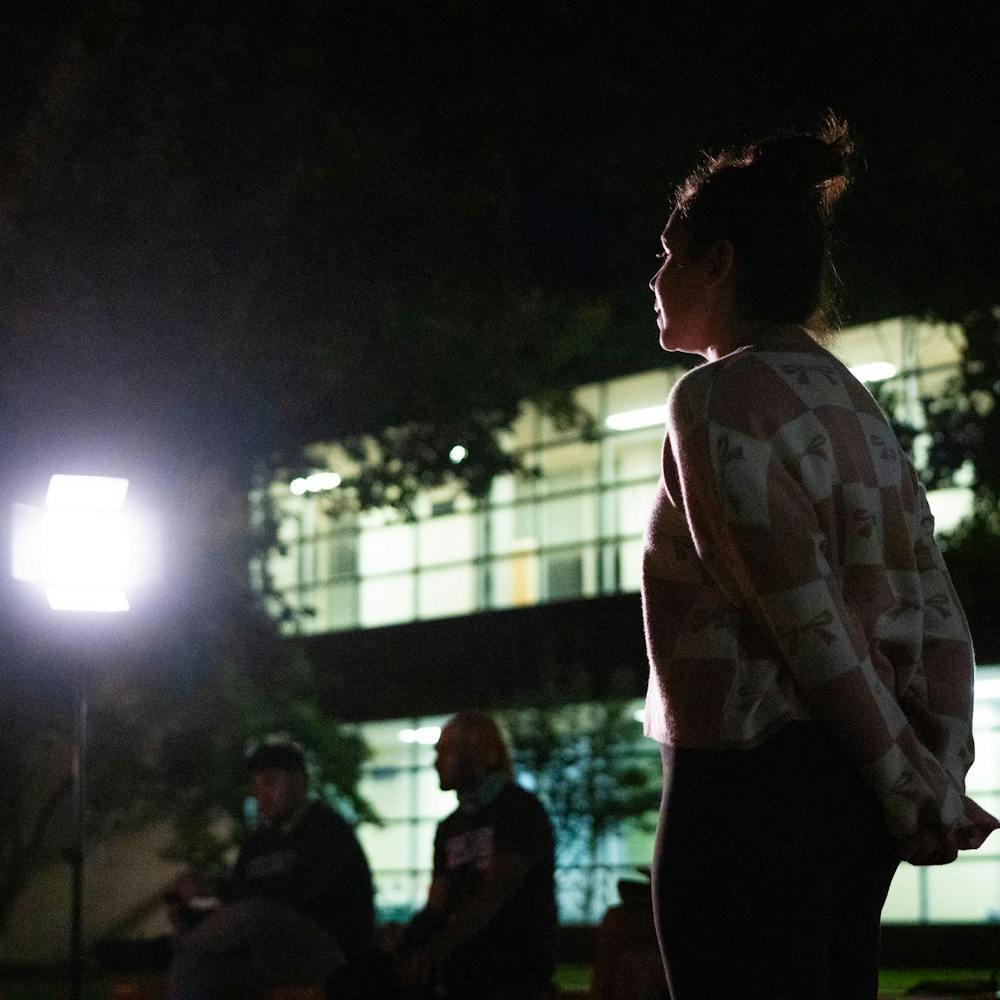To former United States Ambassador to India David Mulford, students in the U.S. should have a broad and thorough view of what goes on around the world.
And on Thursday evening, he will get the opportunity to do just this when speaking to MSU students and community members about what’s going on outside of the U.S., primarily focusing on U.S.-India relations.
At 7 p.m. at Kellogg Center, Mulford will give his speech, “Reaching New Heights: US-India Relations in the 21st Century,” as one of many events in the One Book One Community program. This year’s book, “Behind the Beautiful Forevers,” tells the story of people living in a Mumbai slum.
Mulford was the U.S. ambassador to India from 2003-09,and during that time, he was part of numerous events, including negotiating the U.S.–India Civil Nuclear Agreement and being in India at the time of the terrorist attacks on the Mumbai hotels, which spurred a big development in the U.S. and India joining together to fight terrorism, he said.
Yesterday, The State News was able to speak with Mulford about what he hopes to deliver when visiting the university.
The State News: *Why should students and community members be informed about U.S. relations with India? *
David Mulford: India, of course, is a very, very important country for the U.S. India’s population represents one-sixth of humanity, and it is the largest, by far, (true) democracy in the world, and it is one of the most diverse, colorful, interesting and important countries in the world.
TSN: What impact does India’s economy have on the U.S. and world economy?
DM: Because of India’s very large populations … it is a very big market for the United States (and) U.S. products of all kinds … Secondly, it is also a country that has a very large young working population and will have (one) for the next 30 years.
TSN: How potentially influential are the young people of India?
DM: Fifty-five percent of the population in India is under the age of 24, and the young population in India is very, very aspirational, hungry for education (and) very ambitious with regard to understanding and using technology. And a large proportion of young people in India speak English, and they are very economic in terms of competitiveness … India has the largest resource of young, potentially educated and working-level people, and so it’s a competitive place.
TSN: What were some important things you were able to be a part of during your time as ambassador?
DM: One of the most important things we — the U.S. — did with India while I was ambassador was to negotiate the U.S.–India Civil Nuclear Agreement … Also, I was in India at the time of the terrorist attacks on the Mumbai hotels. … One of the most important things was … the first time the U.S. FBI and India worked together on (discovering) who had carried out the attack and how it had developed. So, it was a pretty big breakthough.
Support student media!
Please consider donating to The State News and help fund the future of journalism.
Discussion
Share and discuss “Face time: David Mulford” on social media.






